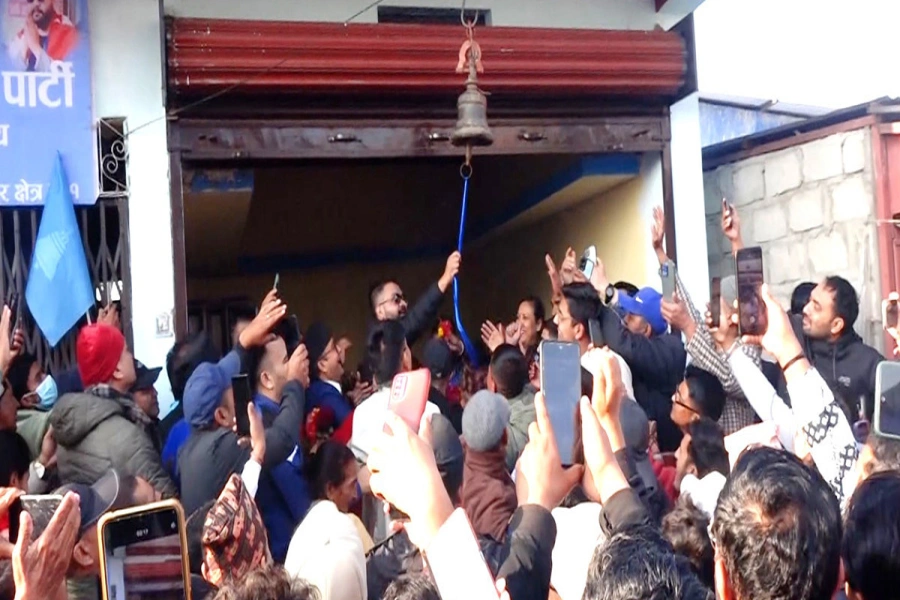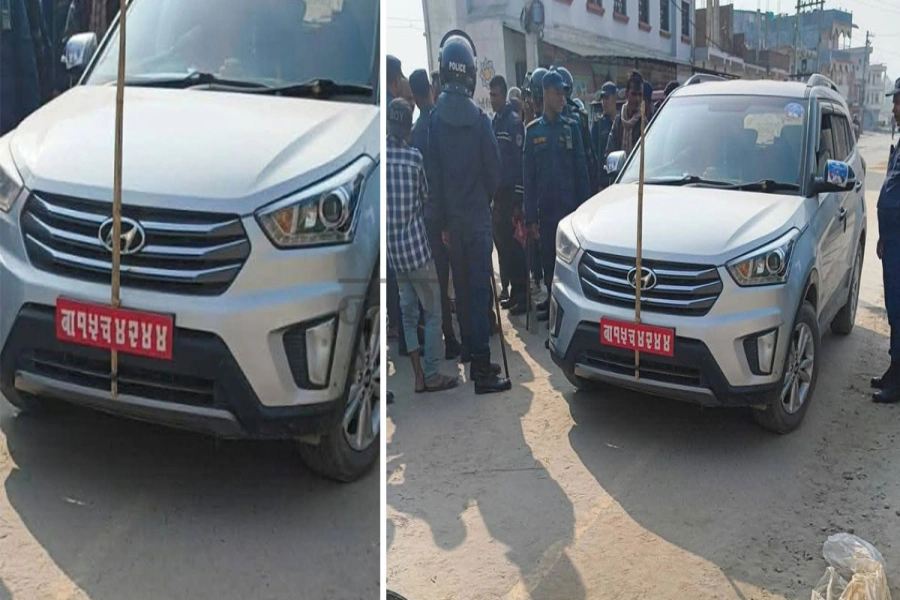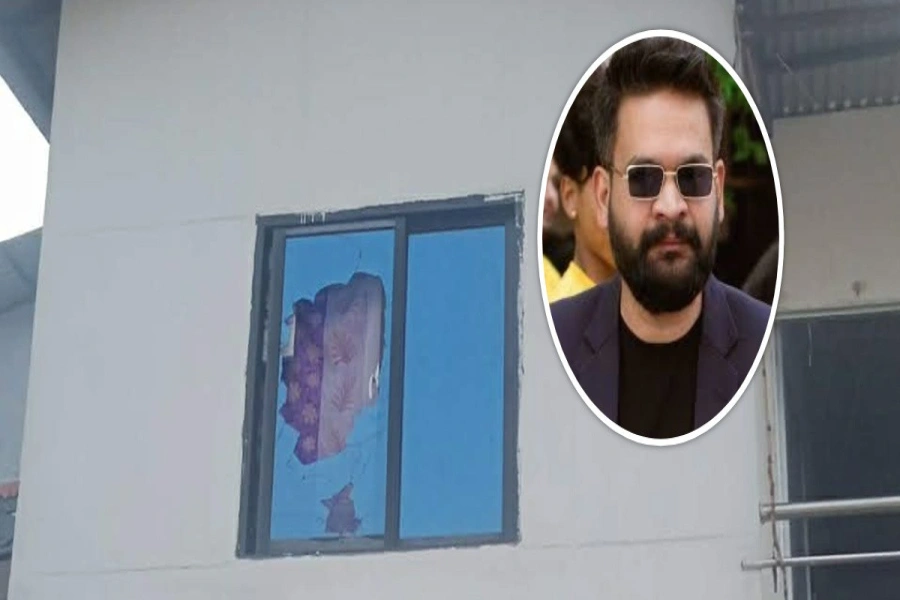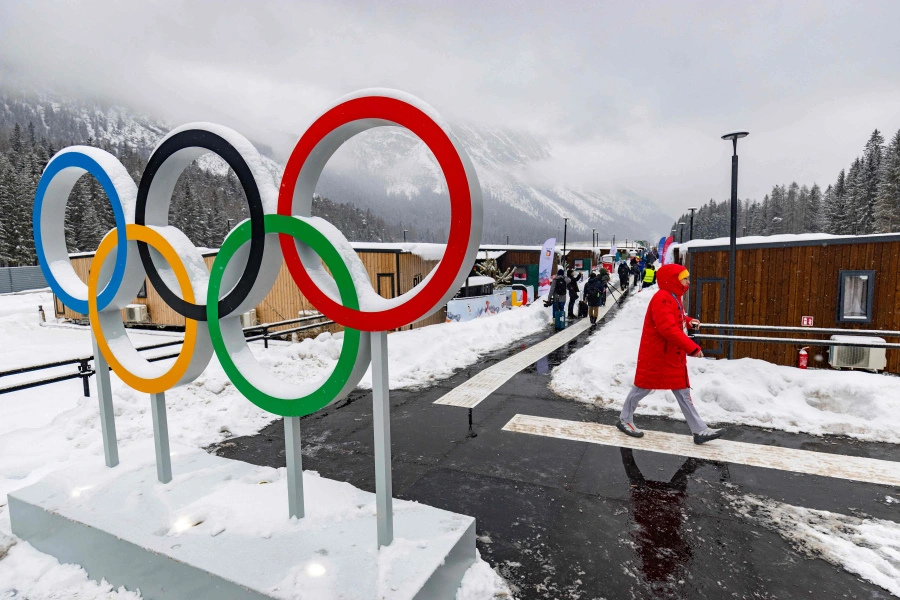TANAHUN, Jan 10: The name of Seti River itself denotes white water. But the milky white water of the renowned river has turned muddy these days thanks to the rampant excavation along the lower belt of the river by crusher plants.
The river which seems clear till the border of Kaski starts getting muddy as it passes through Tanahun. Even the piles of waste dumped by the locals in Kaski have not altered the color of the river as much as the crusher plants.
The crusher plants being operated in different areas of Shuklagandaki-2, Kotre have been illegally excavating materials from the river and releasing the muddy water in the river.
As per the rules, crusher plants must let the water collected during the excavation process back into the river only after completely filtering the dirt and mud. Altogether 12 large crusher plants have been operating in Shuklagandaki area. Surprisingly, most of these plants have not been registered with the local unit. According to Shuklagandaki Municipality, only two of them have been registered with the municipality.
Indian company to study West Seti and Seti River 6 hydropower p...

The once holy water has now become so polluted that people cannot even touch it. "Earlier, the water here used to be so clean that we used to bath in it but now it's all muddy and contaminated," said Santoshi Shrestha of Dulegauda. She stressed that efforts should be made to make the Seti River as beautiful and clean as in the past. "The local unit must be serious about the contamination of water and the loss of aquatic life," she added.
Gandaki Province has formulated certain laws for operation of crusher plants as per which the crusher plants can operate only 500 meters away from the highway, riverbank and high-tension lines. Likewise, they should operate two kilometers away from places with health and educational institutions and of religious and historic significance. Similarly, they must be 2 km away from local units, forest, national parks and reserve areas. Likewise, they should be at least 1 km away from areas with dense settlement.
However, none of the crusher plants in Shuklagandaki meet the guideline or criteria set by the province. The smoke and dust released from the plants directly affect the people.
"The crusher plants have not just polluted the water but have made it challenging for us to breathe," said Hari Lal Rimal, chairperson of Shiladevi Town Development Committee.
According to him, the government should fix certain place and time for the crusher plants to extract the materials. If not, then the whole settlement must be relocated.
Kishan Gurung, mayor of Shuklagandaki, laments that the operators of crusher plants have been repeatedly urged to filter the water before mixing it in the river but they continue to neglect his plea.
“They have always neglected our order. This has left us with no option other than shutting down their plants," said Mayor Gurung.
A meeting of the municipal committee held on December 20 had given a 15-day ultimatum to the operators of crusher plants to clean up the river water near their area. The municipality has warned them of shutting their business if this order is not implemented.





































